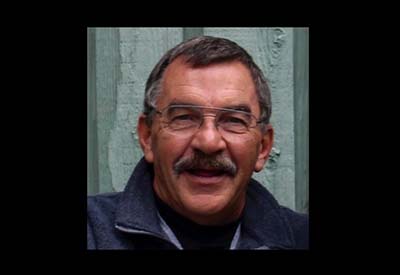Distributors Should Promote Energy Efficiency

Obviously, when customers are forced to replace older products with newer, more energy-efficient ones, there is an opportunity for businesses to sell a new product — even if the new product might be a higher cost. There is a sure way of promoting energy efficiency, but if I tell you, you must not tell the authorities who are behind the financing of the program…
First, let me confess that I didn’t make this up. The idea originates from James Watt, inventor of the steam engine. While I can’t find Watt’s theory anywhere online, I assure you that it’s self-explanatory; so perhaps I don’t need to verify it.
When James Watt first invented the steam engine he found that it had several applications. Over time, as he refined his machine, it became more efficient and the applications for the machine grew. What Watt found was as he reduced the consumption of fuel in his machine, applications for the machine increased — and in turn, consumption of the fuel increased exponentially. Reducing consumption by 50% meant that there were four times the practical applications, which resulted in twice the actual consumption of fuel.
In short, the more we find ways to reduce energy consumption, the more applications we find to use energy.
This theory applies to just about everything we do. Look at houses, for example: the more we improve heat loss — with better windows and doors, vapour barriers and insulation, the bigger the houses get. Energy consumption per house has vastly improved. A 2,000-square foot house today is far superior to a house from the 1960s. But, we are now living in 4,000-square foot homes, with half the family size, consuming more energy per person than 50 years ago.
Here’s another example: today, we all drive cars with air conditioning and we drive them more often. Despite the energy efficiency intentions we might have, we have become more and more constant consumers of energy.
The same is about to be true with LEDs. The more energy efficient lighting becomes, the more your customers will buy. Not only that, they will become very creative. The rugby stadium in Melbourne Australia is covered with LEDs on the outside—all controlled by sound; the louder spectators cheer in the stadium, the brighter the stadium gets. In China, Nike built the first basketball court floor using LEDs. Coaches can use it for training, marking areas for players to follow, or the floor can become one giant light show or TV screen.
And so, it is beneficial for our industry to promote energy efficiency; sales of products will go up and the utilities that are subsidizing the program will sell more electricity.
In the end, you have to ask yourself what is the plan? Do we just keep becoming more and more efficient, and in doing so consume more and more power? You have to believe that at some point, consumers will stop wanting to live in bigger houses, or that we will run out of places to put lights. But at this point in time, I wouldn’t count on it!
Rick McCarten is Vice President, Electrical Council, Electro-Federation Canada











